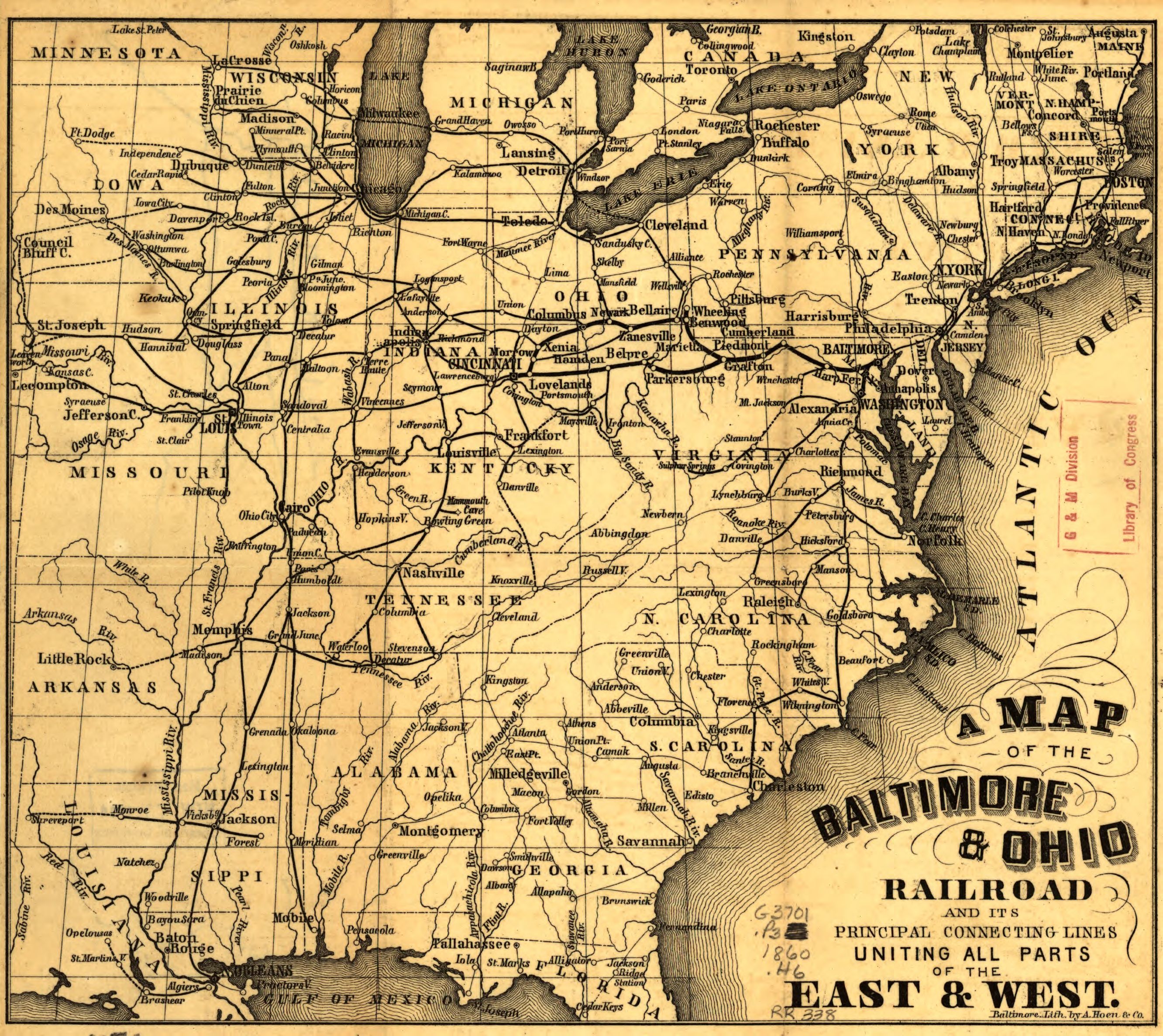
I'm a sucker for alternate history. It was only a matter of time, then, before I began reading Harry Turtledove, the 'master' of the genre. Turtledove has written some zany stuff (aliens in the Second World War! Confederate AK-47s! Byzantines and magic!), but it'll be no surprise I was most interested in what is usually dubbed the Southern Victory series or Timeline-191, in which the Confederate States win the American Civil War in 1862 and survive to participate in the major events of the later nineteenth and twentieth centuries.
I hope to review the books one by one as I read them (I've read the first two, How Few Remain and The Great War: American Front). For this post I want to explore Turtledove's setting. I'll do some gushing here as I'm quite enamoured with its general realism, but of course there are also criticisms. You'll forgive the geekery in what follows; it's par for the course.
Unlike the many alternate histories of the Civil War that hinge on a different outcome at Gettysburg, Turtledove's timeline diverges in 1862. This is undoubtedly a correct choice. As Marx and Engels (yes, really; they were astonishingly competent on military matters) argued throughout the war, the key to Union victory was always the Western Theatre, that is control of Tennessee followed by an invasion of Georgia, accomplished by Sherman in 1864. By the time of the Battle of Gettysburg in 1863, the Union already controlled much of Tennessee as well as the Mississippi; accordingly, the Confederates were in very deep trouble that could only partially have been alleviated by victory at Gettysburg. The CSA's best hope was an early knockout blow in the east before Federal forces could make crucial gains in the west. That was precisely Lee's strategy, and the reason he invaded the North in both 1862 and 1863.
Historically, Robert E. Lee split the Army of Northern Virginia into three parts when he invaded Maryland in the late summer of 1862. The order detailing the precise troop deployments was lost by a courier and, by sheer chance, picked up by Federal troops, permitting the Union to defeat Lee at Antietam/Sharpsburg on 17 September. In Turtledove's version of events Order 191 is never lost, Lee is subsequently able to destroy the Army of the Potomac at the Battle of Camp Hill in Pennsylvania and goes on to occupy Philadelphia. This catastrophic defeat forces the US to divert forces from the west, allowing Braxton Bragg's Confederates to occupy Kentucky. Britain and France extend diplomatic recognition to the Confederacy, forcing Abraham Lincoln to negotiate the end of the war.
In the settlement the Confederacy retains Kentucky, but accepts that western Virginia (which soon becomes the Union state of West Virginia), Missouri and Arizona will remain in the Union. The US subsequently emancipate their remaining slaves (some 200,000, I believe). I'm pleased with how relatively low-key this is: no overwhelming Confederate victory leading to, say, all the border states joining the CSA. It's perfectly clear throughout the novels that the United States are and remain by far the stronger of the two powers. At the same time, Turtledove makes the important point that Confederate victory was a very real possibility - something that Marxists of the orthodox variety may be loath to admit since the US were undoubtedly the more 'historically advanced' of the two parties. (It's very clear from their articles that Marx and Engels supported the North not because it was more 'advanced' but because of the horrors of slavery.) But in 1862 the CSA undoubtedly had better generalship, and this created a window of opportunity before the North could bring its crushing numerical and industrial superiority to bear.
In jumping straight from 1862 to 1881, the first novel, How Few Remain, sidesteps a number of historical questions. I'm particularly interested in what might have happened to the many thousands of slaveholders in the border states: would some of them have chosen to move to the Confederacy? I can imagine a scheme of the Confederate government resettling slaveowners and buying up slaves to compensate those expropriated in the US, which would have simultaneously stimulated the ailing slave economy of the South. Someone who ought to have been a point-of-view character in How Few Remain is Jesse James, for his life - as the scion of a slaveholding Missouri family who first went to war in 1864 - would have been radically altered by Turtledove's alternate history. Would the James family have returned to their native Kentucky? What an opportunity for fanfic!
Turtledove's other interesting general contention is that continuing hostility between USA and CSA would have involved the European powers in North America in a way that did not happen in our timeline, eventually tying both powers into European alliance systems. That seems quite plausible to me: the Confederacy in particular would have needed strong allies to survive.
So, reviews to follow!
In this series:
How Few Remain
The Great War: American Front
The Great War: Walk in Hell
The Great War: Breakthroughs

I agree. Particularly reasonable is the concept of a British-CSA alliance, which then (of course) puts the USA in the uncomfortable position of being surrounded by enemies; the Canadian/British forces to the north and the CSA to the south.
ReplyDeleteAnd given that the War of 1812 saw a decisive US defeat by the Canadians supported by British regiments (and the creation of the White House after it had to be whitewashed to cover the burn marks!), the North would have had to arm itself well to ensure security.
The CSA, meanwhile, would really have had to perform industrialisation along Soviet or Japanese lines to begin to meet the power of the North.